Content from the Brookings Institution India Center is now archived. After seven years of an impactful partnership, as of September 11, 2020, Brookings India is now the Centre for Social and Economic Progress, an independent public policy institution based in India.
Dhruva Jaishankar spoke to Quint and BloombergQuint on what having Donald Trump as the next U.S. President means for India.
The election of Donald J Trump as the 45th President of the United States was a surprise to many people in America and around the world. While there will be a lot of analysis on why polls failed to predict his win, the easiest explanation seems to be that people were reluctant to admit their support for Trump before the elections.
There is a lot of uncertainty and unpredictability about Trump’s presidency in the coming months not just domestically but also internationally. He has not advocated detailed views on issues during his campaign nor does he seem to have a deep team of advisors, whether economic or foreign. From what he has spoken about, he has advocated for America to be a normal country that doesn’t embrace globalisation and the general Washington consensus on economic and foreign issues. He has also been generally sceptical of U.S. alliances and military commitments overseas, adopting a rather isolationist approach. He has also been consistently sceptical of free trade agreements. While he is not expected to renegotiate existing trade agreements, he is unlikely to move forward with any new ones such as TPP and TTIP. He has also spoken about certain countries more than others in his election campaign. Relations between the U.S. and Russia are expected to be more normal in the Trump presidency but might not change as dramatically as expected. The U.S.-China relationship is also critical because they are two biggest economic and military powers in the world. Donald Trump has threatened to initiate trade wars against China to correct the international system and has advocated pulling back of U.S. alliance commitments with countries such as Australia and Japan in Asia. This is bound to change the regional dynamics with China playing a bigger role in the region. A Trump presidency has also resulted in worries of a nuclear holocaust in many parts of the world. While his temperament is worrying, the democratic system of checks and balances is expected to keep his wayward tendencies in check and ensure a more stable approach.
For India, this isolationist and anti-globalisation sentiment does not signal very positive trends since it would mean a weaker American influence in Asia and therefore non-dependability on America to resolve any issues in the region. On the other hand, a more normal U.S.-Russia relationship will be beneficial for India since their warring relationship has put India in an uncomfortable position in the last few years. While some observers seem to be confident of a clamp down on Pakistan under the Trump presidency, his concerns about terrorism seem to be motivated only by the issues of homeland security and he is sceptical of a more aggressive role for the U.S. in other parts of the world. This essentially means that India will have to play a wider role in the neighbourhood and the region, both economically and politically. The U.S.-China relationship will also have some significant indirect effects for India. India will have to take certain steps to counter the growing Chinese influence in the region by increasing defence spending and developing other security relationships in the region, to ensure stable balance of power.
In conclusion, Donald Trump campaigned on a populist agenda and it remains to be seen if he will govern as a populist. While people don’t seem to have much faith in Trump as a leader, people seem to have more faith in the democratic institutions and expect them to handle any shocks that might arise. For the international community, however, it is clear that we need to be prepared for a post-American world in the near future.
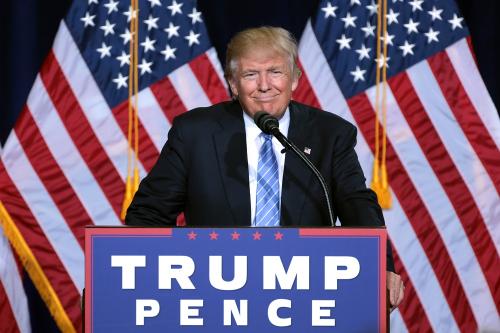
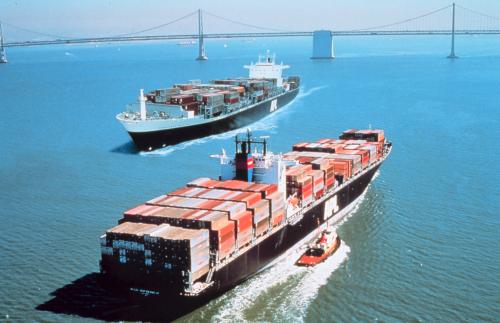
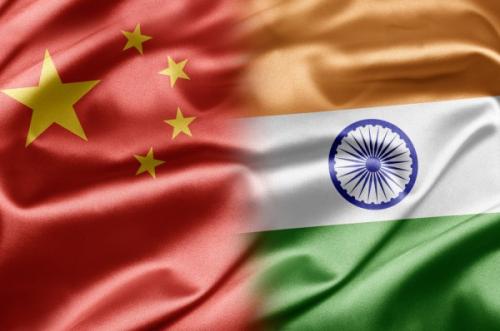
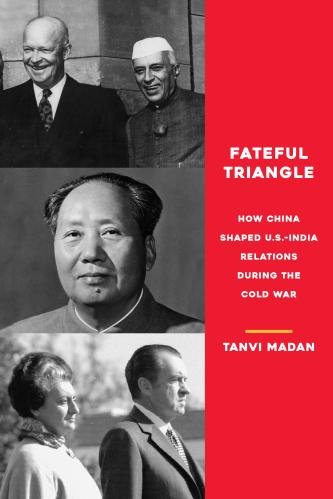
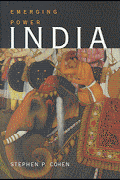
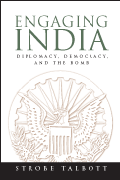


Commentary
Op-edUncertainty and unpredictability about Trump’s presidency
Quint and BloombergQuint
November 10, 2016